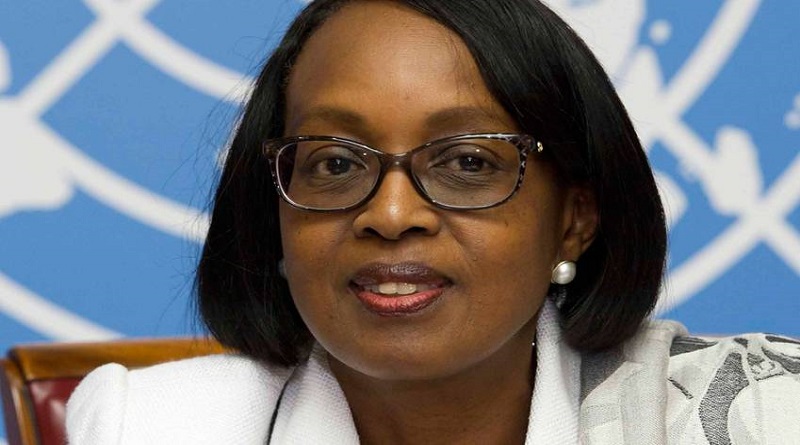WHO requires $145m to respond to health emergency in Sudan, neighbouring countries
The World Health Organization (WHO) on Friday 16 June 2023 released a new funding appeal requesting US$ 145 million to meet the increasing health needs of people affected by violence in Sudan and to assist those who have fled to neighbouring countries to seek safety.
This funding will allow WHO to reach 7.6 million people inside Sudan and more than 500 000 individuals forced to flee to neighbouring Central African Republic, Chad, Egypt, Ethiopia and South Sudan with lifesaving interventions and delivery of essential health services over the next six months.
“The scale of this health crisis is unprecedented. We need urgent support from the international community so that the devastating impact on the country’s healthcare system is mitigated and access to health services is sustained,” said Dr Ahmed Al-Mandhari, WHO Regional Director for the Eastern Mediterranean.
“Health services are among the most urgent needs of the people fleeing the conflict. We are already delivering essential lifesaving health supplies and services, but the needs are growing. With additional donor support, we can reach those most in need and provide them with adequate assistance,” said Dr Matshidiso Moeti, WHO Regional Director for Africa.
Nearly two months of intense fighting in Sudan has resulted in loss of life, injuries and significant damage to the country’s infrastructure, including health facilities.
About 60% of health facilities across the country are non-functional, with assets and supplies looted or destroyed. WHO has verified 46 attacks on health facilities between 15 April and 8 June 2023. Medical supplies have significantly dwindled, while many health workers have had to flee.
Additionally, several critical services have been discontinued, including maternal and child health care as well as treatment for patients suffering from chronic diseases. More than 100 000 children are projected to suffer from severe acute malnutrition with medical complications by the end of the year.
The upcoming rainy season, limited access to safe drinking water and population displacement have heightened the risk of water- and vector-borne diseases that could spread to neighbouring countries.
WHO is scaling up its response to include supporting the delivery of integrated essential health services, including trauma and emergency care, while reinforcing surveillance for epidemic-prone diseases.
WHO is also prioritizing support to facility-based care for acute malnutrition, providing health response leadership and coordination.
In neighbouring countries, WHO is supporting cross-border coordination for health care to ensure access to essential health services, including provision of medicines and mental and psychosocial support.



